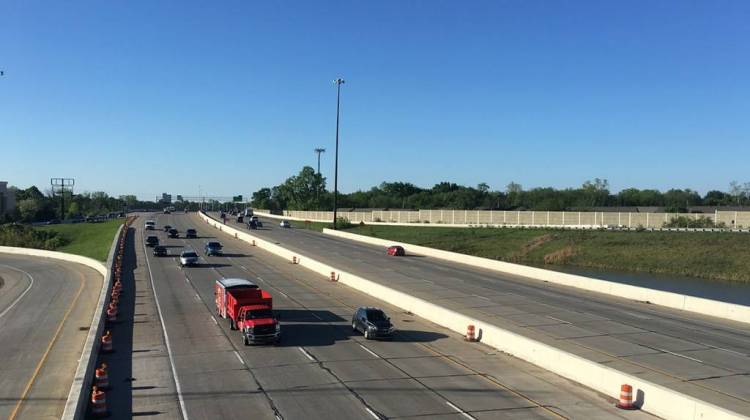
A National Safety Council report ranks Indiana 8th in the nation when it comes to policies that protect people on the roads.
Indiana Department of TransportationMore than 800 people died on Indiana roadways in 2015 – slightly higher than the last five years.
Still, a National Safety Council report ranks Indiana 8th in the nation when it comes to policies that protect people on the roads.
Helping that ranking: Indiana laws address distracted driving, teen drivers, seat belt use and alcohol impaired driving. And the Indiana Governor’s Council on Impaired and Dangerous Driving helps fund extra DUI checkpoints.
Lt. Richard Kivett is in charge of the Marion County DUI Taskforce and says checkpoints help awareness.
“It’s an advertisement tool to let people know we are out here enforcing drunk driving laws during this time period,” says Kivett.
But Indiana doesn’t get full marks in some road safety categories. For example, the state does not have a motorcycle helmet law. And motorcyclist rights organization ABATE Indiana executive director Jay Jackson says that’s OK.
His organization supports safety measures, but also an adult’s freedom of choice.
“We try to alert folks to the benefits of both the comfort and protection of not just a helmet but all the appropriate gear,” says Jackson.
Indiana does have a helmet law for motorcycle riders under the age of 18.
 DONATE
DONATE









 Support WFYI. We can't do it without you.
Support WFYI. We can't do it without you.